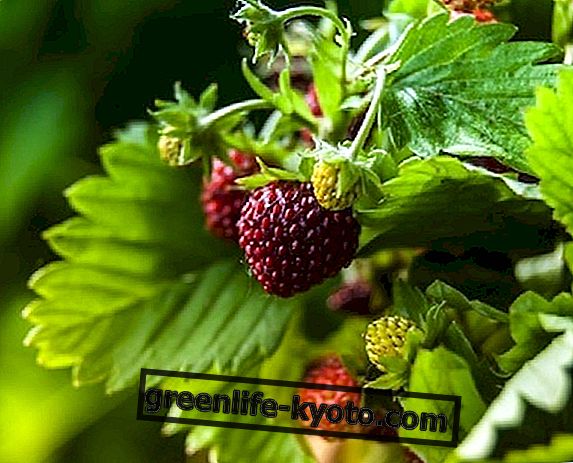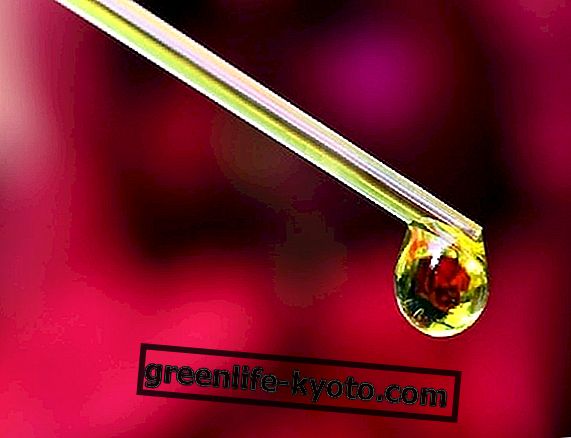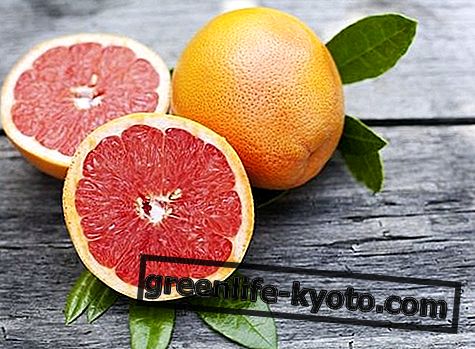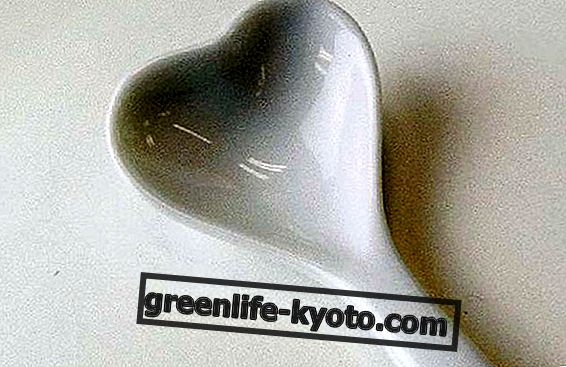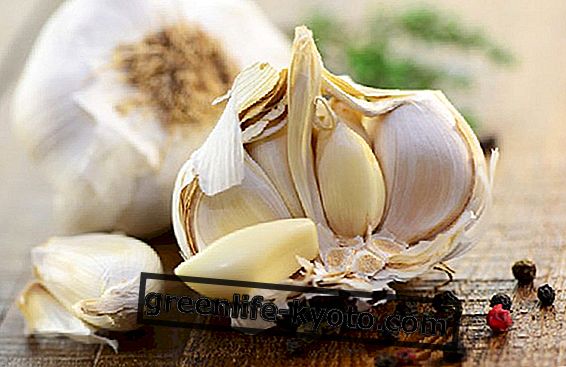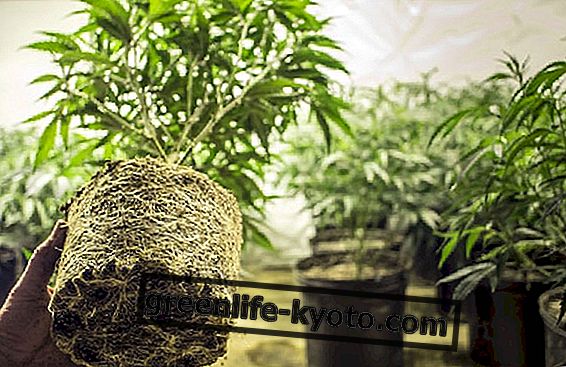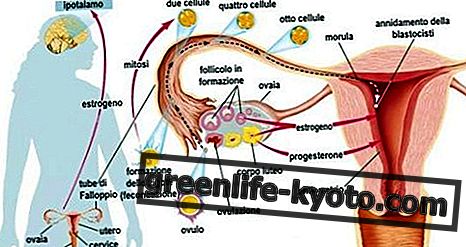
Let's start by making a basic distinction: there are natural sugars and chemical sweeteners .
Many of the sweeteners found in packaged foods are synthetic, others like fructose and lactose are common and natural substances, and are found naturally in some foods.
Two "classes" of substances with sweetening properties therefore: natural sweeteners and artificial sweeteners.
Artificial sweeteners
Artificial sweeteners do not exist in nature but are produced in the laboratory. Of course, they have the advantage of having very few calories compared to common sugar (from beetroot or cane), and a small amount is enough to sweeten foods much.
And yet, they can give unwanted effects such as headaches, nausea, vomiting, abdominal pains, and even more serious side effects, so much so that there are maximum doses beyond which it is always good not to take them ... but between drinks, industrial sweets, sweets and chewing gum is easy to reach the "attention thresholds"!
The cyclamate, just to give an example, (used in syrups for diabetics, but not only) is suspected of being carcinogenic so much so that in the USA it is forbidden.
Another sweetener of dubious goodness is aspartame, very used in beverages and "light" foods, in sweets, in chewing gum. This too, as indeed the acesulfame (the "cousin" resistant to heat), has long been suspected of being carcinogenic! And yet the food industry uses it abnormally.
The only sweetener whose safety (until proven otherwise!) Seems to have been guaranteed is sucralose, widely used in long-life products.
Here are 3 sugar-free dessert recipes
Natural sweeteners
Of course they will contain more calories, yet natural sweeteners are by far a more natural and healthy choice: they are found in nature in fruit and vegetables, or are obtained from beetroot or sugar cane (with more or less refining processes): this is the case of sucrose, the common sugar used in cooking, which we obviously prefer as less refined as possible.
The fructose instead is found in most sugary fruits, in honey and in various vegetables. It is very caloric and its long-term use as a sweetener in massive doses can cause obesity.
Then there is the family sorbitol, mannitol, xylitol: all very refreshing and used in sweets and chewing gum; of course, they are natural, but taking them in large quantities can cause flatulence, stomach ache and dysentery.
In short, on balance, there is no doubt that natural sweeteners are preferable to artificial ones, but the advice is: "use in moderation"!


